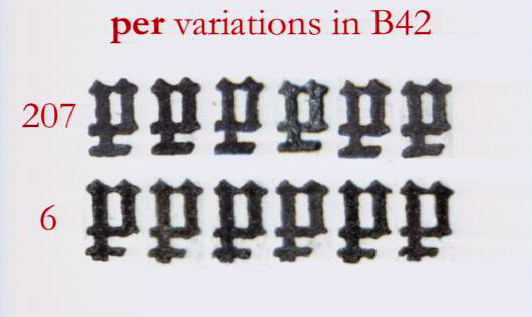The long answer is that historians don’t necessarily need scientists, but that we do need fresh scientific methods. Perhaps as an accident of our association with the ill-defined “humanities”, or as a result of our being placed in an entirely different culture (see: C.P. Snow), most historians seem fairly content with methods rooted in thinking about text and other archival evidence. This isn’t true of all historians, of course – there are economic historians who use statistics, historians of science who recreate old scientific experiments, classical historians who augment their research with archaeological findings, archival historians who use advanced ink analysis, and so forth. But it wouldn’t be stretching the truth to say that, for the most part, historiography is the practice of thinking cleverly about words to make more words.
I’ll argue here that our reliance on traditional methods (or maybe more accurately, our odd habit of rarely discussing method) is crippling historiography, and is making it increasingly likely that the most interesting and innovative historical work will come from non-historians. Sometimes these studies are ill-informed, especially when the authors decide not to collaborate with historians who know the subject, but to claim that a few ignorant claims about history negate the impact of these new insights is an exercise in pedantry.

